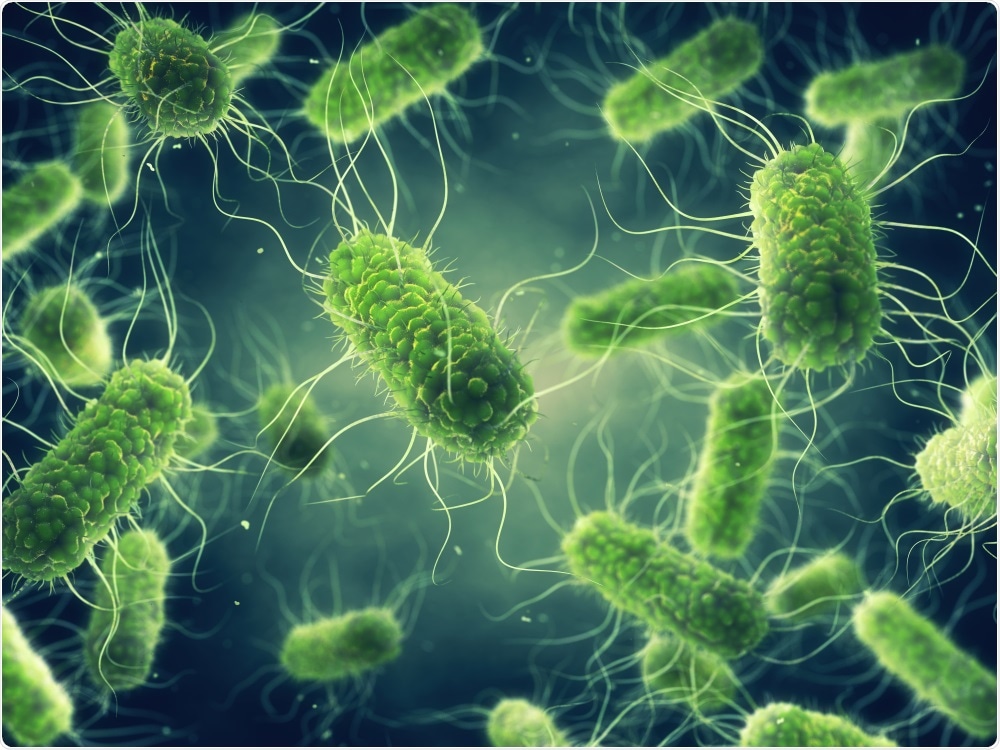The potential to proliferate under acidic conditions is crucial for bacteria. Escherichia coli, Salmonella, and other such enteric bacteria can colonize and cause disease in the intestinal tract of the host.
Yet, they must fight against acidic environments in the entire process of host invasion.

Image Credit: nobeastsofierce/Shutterstock.com
With a pH value as low as 1.5–2.5, the stomach is known to be a natural antibiotic barrier. Once E. coli enter the small intestine, they face a less acidic environment (with a pH value of 4–6), reproduce very fast, and eventually cause disease to the host.
Recently, a group of researchers headed by Prof. XIAN Mo and Prof. ZHAO Guang from the Qingdao Institute of Bioenergy and Bioprocess Technology (QIBEBT) of the Chinese Academy of Sciences (CAS) found a new bacterial acid tolerance system that enables E. coli to proliferate at a pH of 4.2.
To date, researchers have reported five acid resistance systems that empower E. coli to thrive in gastric acid for several hours. However, these do not play any role in the fast multiplication of E. coli under moderately acidic conditions.
Named CpxA, the newly found system can sense acidification directly by the protonation of histidine residues. Moreover, it activates its cognate regulator protein CpxRx to trigger the expression of fabA and fabB genes that aid the biosynthesis of unsaturated fatty acids. This leads to an increase in the unsaturated fatty acid contents in the membrane lipid.
The proton permeability and fluidity of cell membranes are reduced by variations in the membrane lipid composition, thus increasing the intracellular pH homeostasis.
From experiment results, it was observed that E. coli mutant deficient in this system cannot proliferate in the mouse intestine.
Apart from E. coli, this acid tolerance system also occurs in pathogenic bacteria such as Salmonella, Vibrio cholerae, Shigella, Pseudomonas aeruginosa, and Yersinia pestis, which could be a new target for the development of antimicrobials.
The study outcomes were reported in Nature Communications on March 20th, 2020.
This study was funded by the National Natural Science Foundation of China and the Natural Science Foundation of Shandong Province.
Source:
Journal reference:
Xu, Y., et al. (2020) An acid-tolerance response system protecting exponentially growing Escherichia coli. Nature communications. doi.org/10.1038/s41467-020-15350-5.